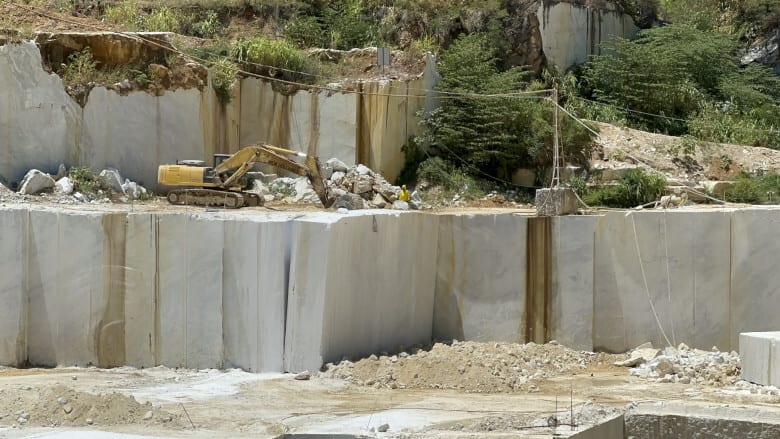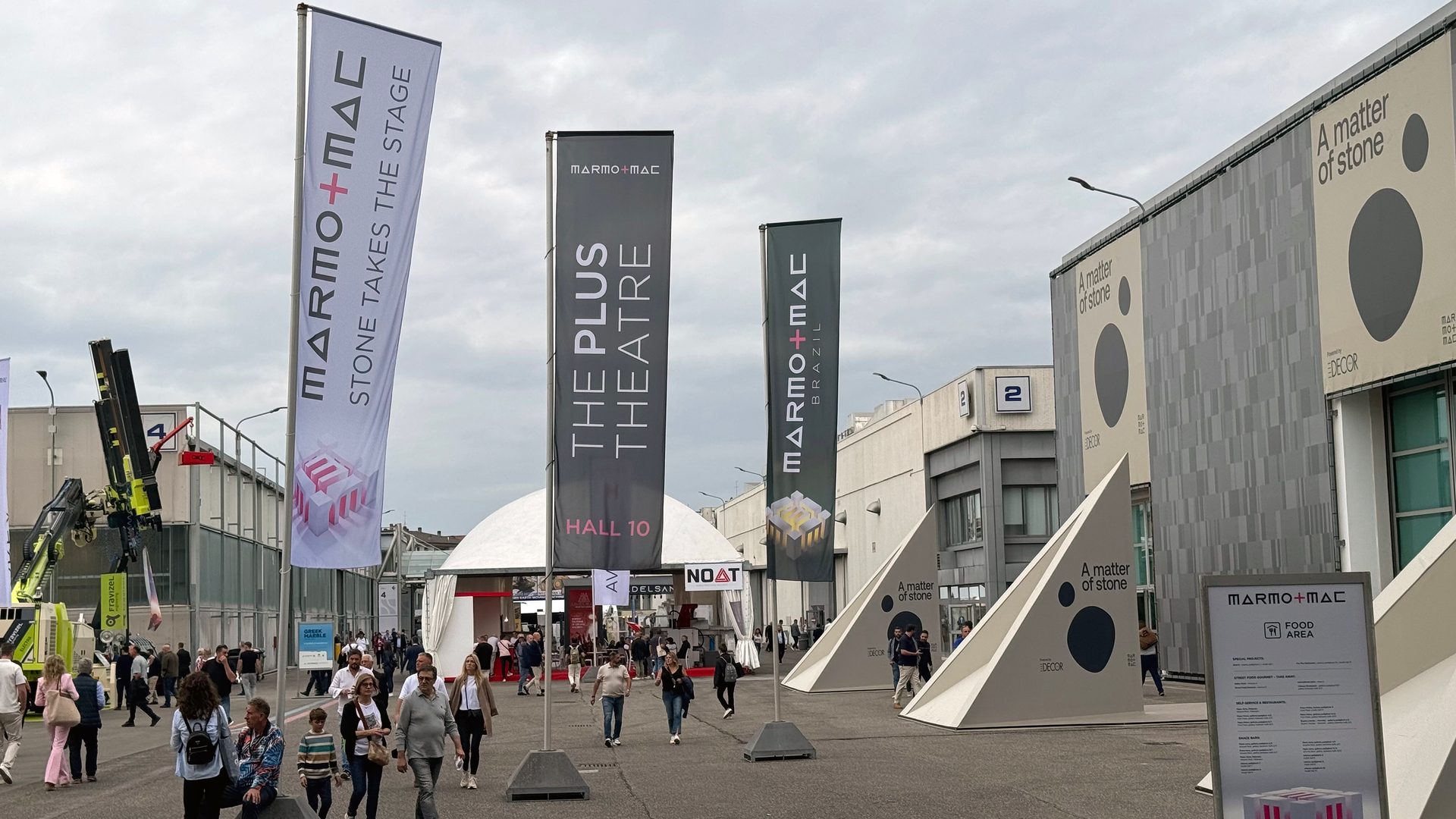Saulo Angelo / iStock / Getty Images Plus / via Getty Images
Brazilian Stone Industry Faces Tariff Pressures, Quartzite Remains Exempt
Cutline to go here
Author
The Brazilian stone industry is facing new challenges as U.S. tariffs reshape the import landscape. Speaking on the Stone World Podcast, Fabio Cruz of Centrorochas outlined how the tariffs are impacting exports and what fabricators should know. While quartzite has been exempted from the duties, other key categories such as granite and marble are being taxed at rates as high as 50 percent.
“We were on track to have one of Brazil’s best years in exports,” said Cruz. “From January to June, revenue was already up 20 percent compared to the same period last year. But once the tariffs were announced, the industry never expected the impact to be this significant.”
According to Cruz, Brazil supplies the majority of natural stone consumed in the U.S., with 85 percent of U.S. stone imports coming from overseas. He noted that while quartzite avoided the penalties, granite and marble remain under heavy taxation.
“There is still a large portion of our production that is subject to the tariffs,” said Cruz. “Granite and marble are now being taxed at 50 percent, which puts immense pressure on the entire supply chain. We are working on multiple fronts to find solutions with both government entities and trade associations.”

Photo by Jason Kamery
Cruz explained that one of the most effective strategies has been engaging directly with U.S. organizations. “We have been talking to groups like the Natural Stone Institute (NSI), the National Association of Home Builders (NAHB), and the National Kitchen & Bath Association (NKBA),” he said. “By showing how American businesses are being harmed, we’ve found that these conversations are more impactful than only working with local governments in Brazil.”
The consequences, Cruz emphasized, extend well beyond Brazil. Tariffs are already contributing to higher costs for U.S. consumers. “The National Association of Home Builders recently reported that the average price of a home in the U.S. has increased by $11,000,” said Cruz. “Part of that is due to inflation, but tariffs play a major role, and the longer they continue, the more they will add to housing costs.”
He added that disruptions in supply further complicate the market. “The U.S. does produce some granite and marble, but not in the volume or variety needed for countertops and vanities,” said Cruz. “That makes Brazilian stone essential as a raw material for fabricators, who cut and finish slabs in the U.S. for final use. Without steady imports, fabricators and their customers will face shortages and higher prices.”
Looking ahead, Cruz said the priority is to broaden tariff exemptions. “Quartzite being excluded was a relief, but our next step is to work on including granite, marble, slate, and other stones,” said Cruz. “We are committed to ensuring U.S. businesses have access to the raw materials they need while preserving the strong trade relationship between our two countries.”
SHARE THIS
Rod Sigman CTC, CCTS, CSMTT is the business development leader for MAPEI Corporation’s UltraCare® line of products for the care and maintenance of tile and stone products. Sigman has a proven track-record of success in the flooring industry, with experience in both training and education, as well as all support functions pertaining to national sales accounts and distribution. He has served on the technical committees of the National Tile Contractors Association (NTCA) and the Natural Stone Institute (NSI). He has successfully completed the Ceramic Tile Consultant Course, is a Certified Ceramic Tile Specialist (CCTS) and is also a Concrete Slab Moisture Testing (CSMT) Technician. Further, he was recognized by the Marble Institute of America (now the Natural Stone Institute) as a significant influence for the stone industry.
